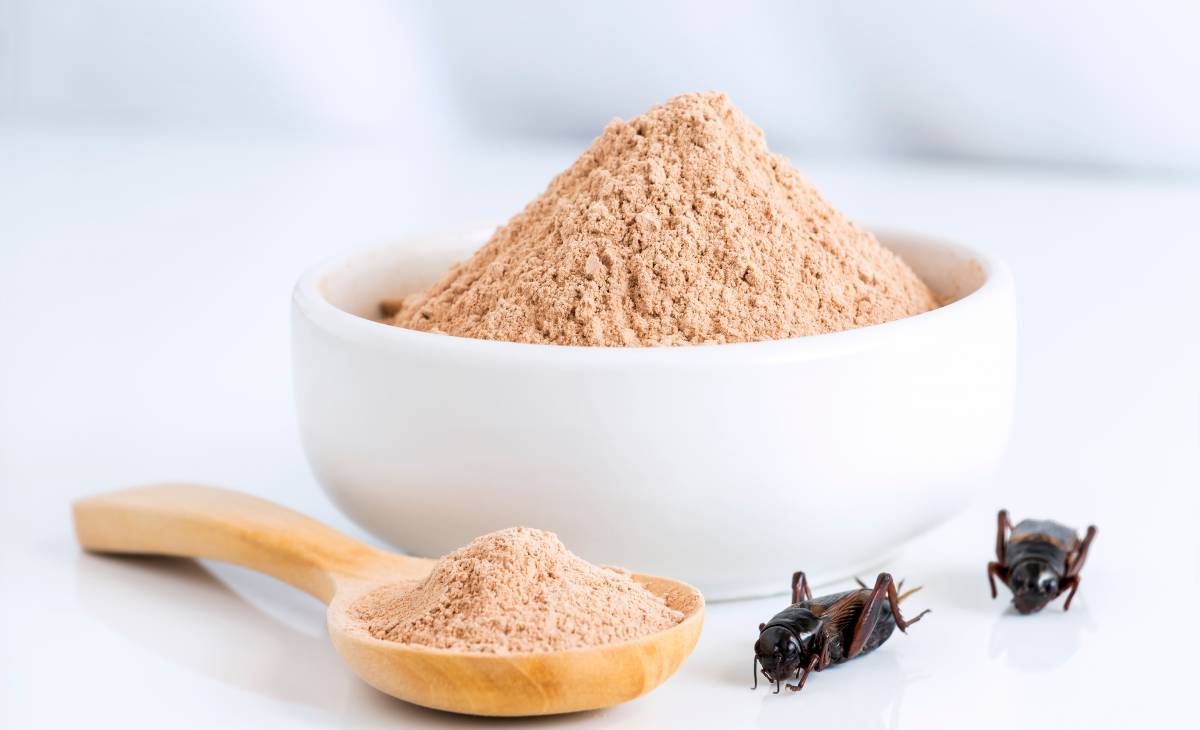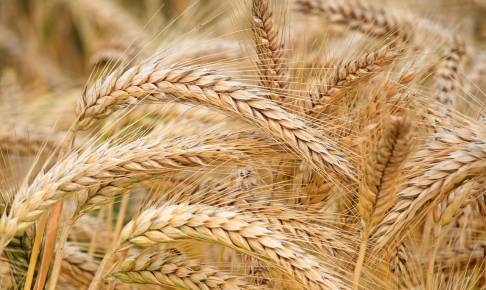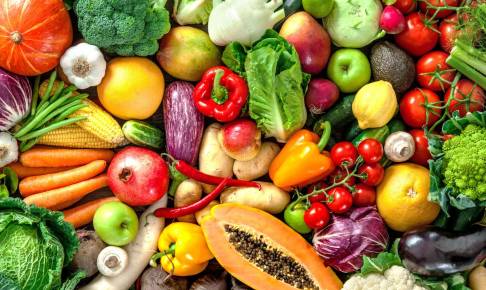FAO raises concerns over food safety of edible insects
According to the Food and Agriculture Organization of the United Nations (FAO), the advantages of edible insects as an emerging food source must be balanced against possible food safety concerns. Although insects have long been a part of many cultures' diets around the globe, insect farming for human food and animal feed is relatively new and not widely practiced in the Western world. A recent publication provides an overview of numerous food safety concerns that could be linked to edible insects.
Biological threats, such as bacteria, viruses, fungi, and parasites, environmental hazards, such as mycotoxins, pesticides, heavy metals, and antimicrobials, and physical hazards are all possible food safety hazards for edible insects. The possibility of allergenic hazards is also discussed, with the conclusion that further research is required. Because of allergen cross-reactivity, people who are allergic to crustaceans are particularly susceptible to reactions to edible insects.
Eating insects poses a variety of health threats, depending on the species, the ecosystem in which they are raised or collected, what they consume, and the production and processing methods used. Previous studies found botulism cases linked to insect consumption in Africa and histamine toxicity linked to consuming fried insects in Thailand. According to the FAO, healthy insect development requires efforts to avoid, track, classify, and minimize food safety risks. When insects are harvested from the wild and eaten raw, the risks are higher. Also, depending on whether the insects are wild or farmed, different safety issues may arise.
To support the trade of insects as food and feed, there is generally an insufficient number of insect-targeted regulations covering processing, risk assessment, quality control measures, and commercialization. Furthermore, most countries that want to regulate the processing and commercialization of insects in food and feed supply chains lack insect-specific legislation, guidelines, labeling, and other regulations. At the moment, all insect-based products for human consumption have been subject to EU novel food regulation since January 2018.
Source:
http://www.fao.org/food-safety/news/news-details/en/c/1393477/






















